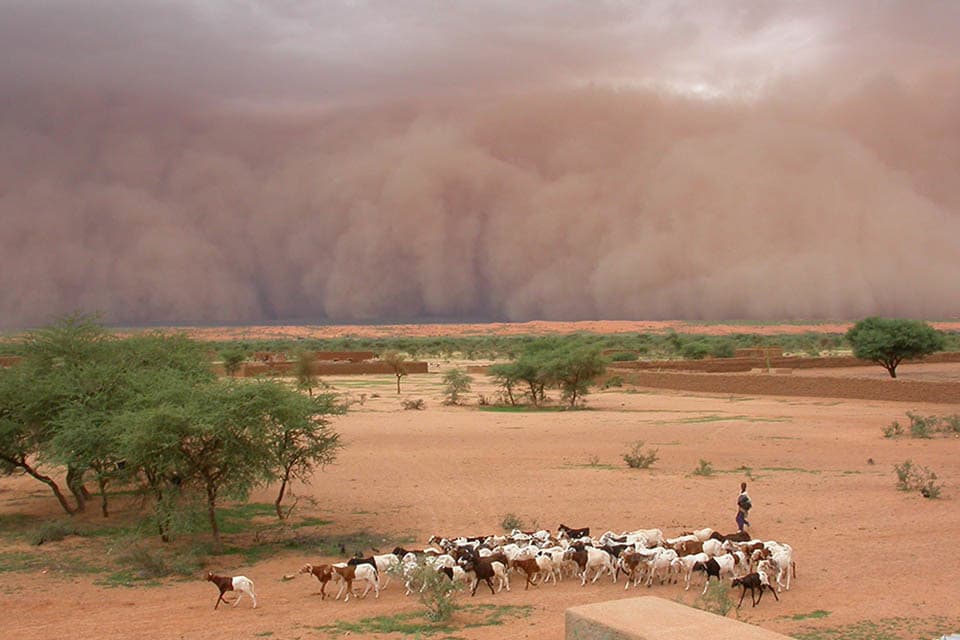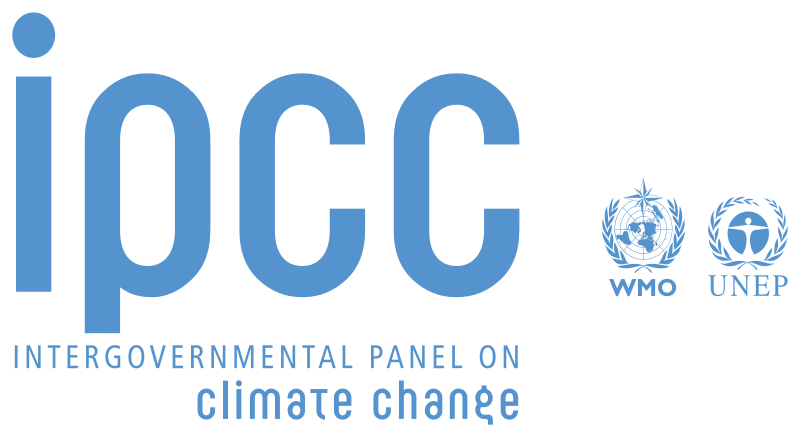The United Nations released the Intergovernmental Panel on Climate Change report on Monday, emphasizing that countries are far from prepared to face the consequences. The report warned that nearly half of the world’s population was already vulnerable to increasingly dangerous climate impacts, and it demanded massive action.
With global warming of 1.5 degrees Celsius, the world will face unavoidable multiple climate hazards over the next two decades. Even temporarily exceeding this warming level will have severe consequences, some of which will be irreversible.
Here are the key points from the UN IPCC report.
Human-caused climate change is causing widespread and dangerous disruption in nature, affecting the lives of billions of people worldwide.
Increasing heat waves, droughts, and floods are already exceeding plant and animal tolerance thresholds, resulting in mass extinctions of species such as trees and corals.
Extreme weather events have exposed millions of people to acute food and water insecurity, particularly in Africa, Asia, Central and South America, Small Island Developing States, and the Arctic.

Climate change interacts with global trends such as unsustainable resource use, increasing urbanization, social inequalities, losses and damages from extreme events, and a pandemic, putting future development at risk.
To address all of these different challenges, governments, the private sector, and civil society must collaborate to prioritize risk reduction, as well as equity and justice, in decision-making and investment.
Heatwaves, storms, drought, and flooding, as well as slow-onset changes such as sea-level rise, are wreaking havoc on people’s health, lives, and livelihoods, as well as property and critical infrastructures such as energy and transportation systems.
Growing urbanization and climate change pose complex risks, particularly in cities that are already dealing with poorly planned urban growth, high levels of poverty, and unemployment.
On nearly every count, the report demonstrates that climate change is having a far greater impact on the world than scientists had predicted. Countries have failed to reduce greenhouse-gas-emitting carbon emissions, which continue to rise.
While governments must drastically reduce their emissions to avoid catastrophic global warming, they can also work to reduce suffering by adapting to the conditions of a warmer world.
Limiting global warming to less than 1.5 degrees Celsius may not prevent losses to nature, societies, or economies, but it will significantly reduce them.
Climate Resilient Development, according to the report, is already difficult at current warming levels. If global warming exceeds 1.5 degrees Celsius, it will become more limited.
Nature conservation and eco-urbanization
The need to develop healthy ecosystems is a key element highlighted in the report, with the IPCC referencing nature’s ability to both reduce climate risks and improve lives. Also, restoring degraded ecosystems can contribute to sustainable development, but it requires financial and political support on a global scale.
The IPCC also commented on the decline in livelihoods for the city’s ever-expanding population, which is also experiencing increased climate hazards. Scientists involved in the report suggested that cities should adopt green operations, such as renewable energy and green buildings, through infrastructures such as renewable energy and green buildings.

Finally, the IPCC stated that climate change is a “global challenge that necessitates local solutions,” acknowledging that different regions will be affected differently. The report also emphasized the importance of adequate funding, political commitment, and collaboration in order to drive more effective climate change adaptation.
Climate change is a threat to human well-being and the health of the planet, according to scientific evidence. Any further delay in concerted global action will result in the loss of a brief and rapidly closing window of opportunity to secure a liveable future.
Also Checkout: Solar-Powered Irrigation Systems: An Asset For The Future












